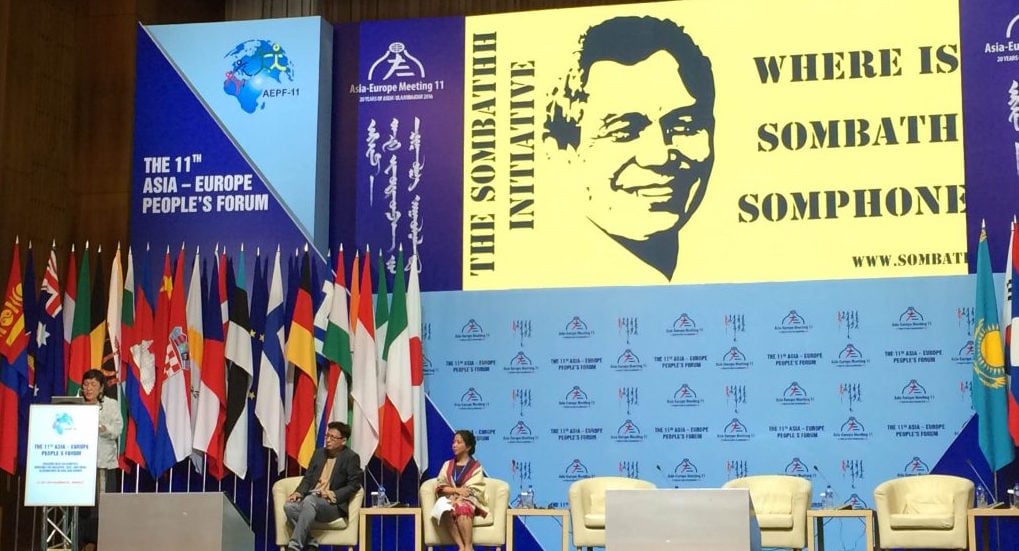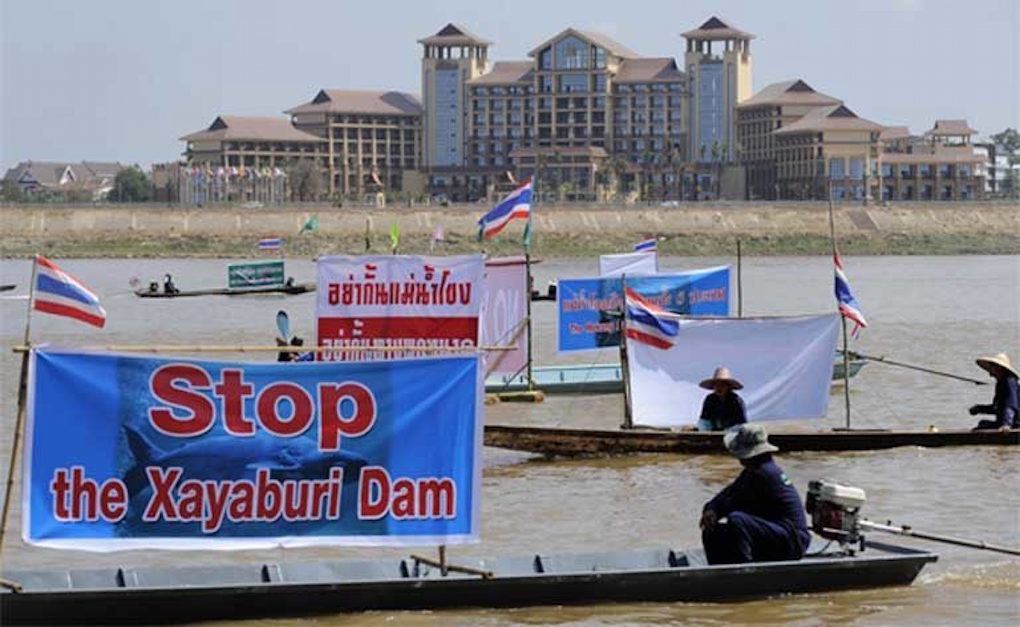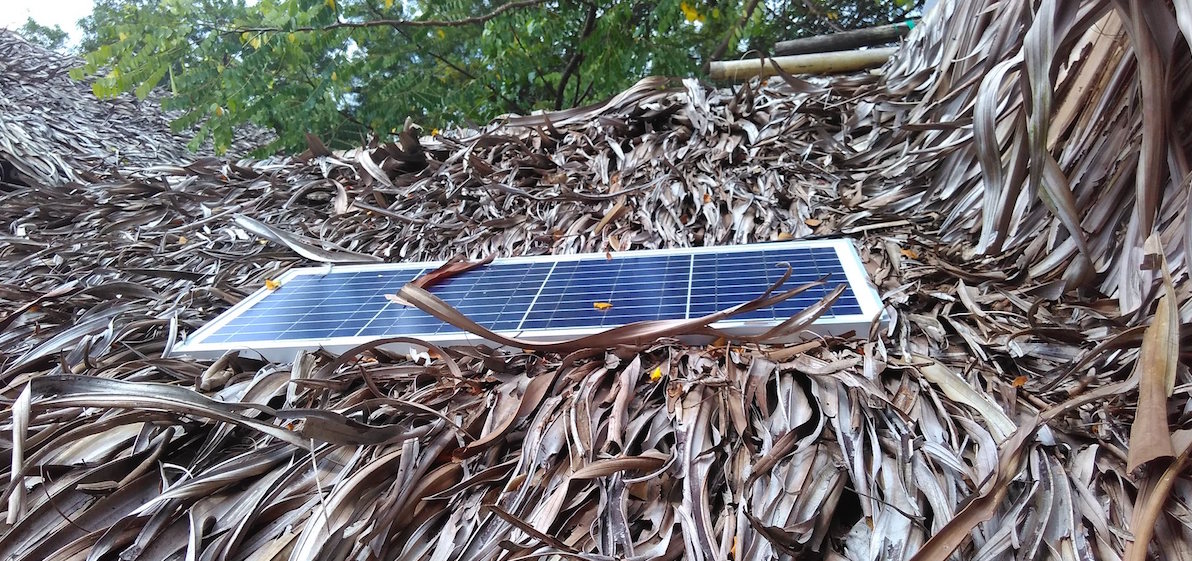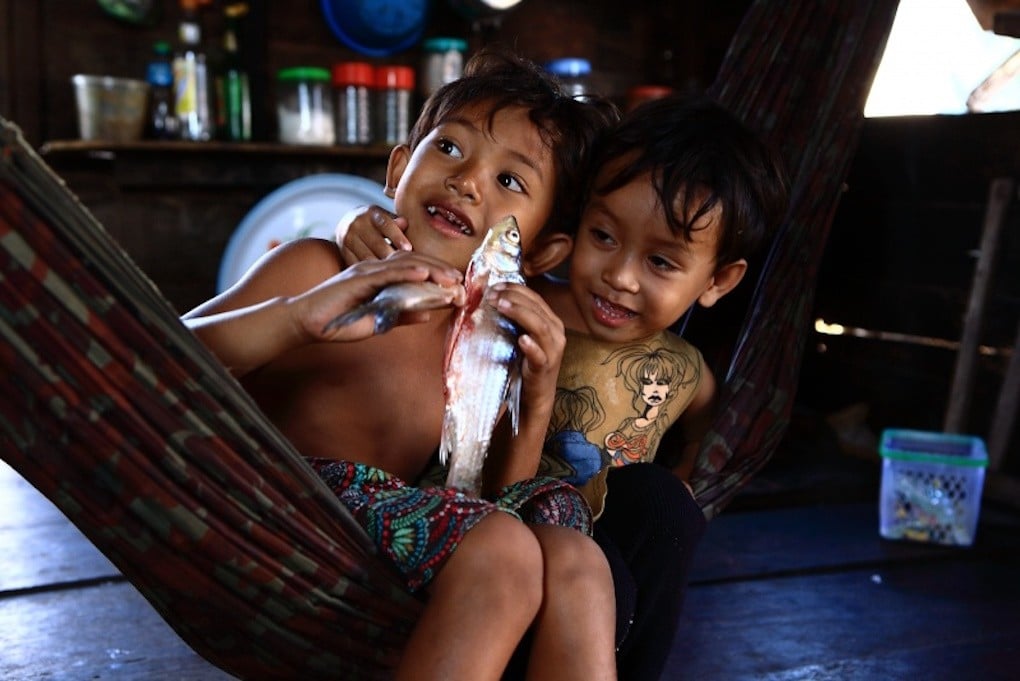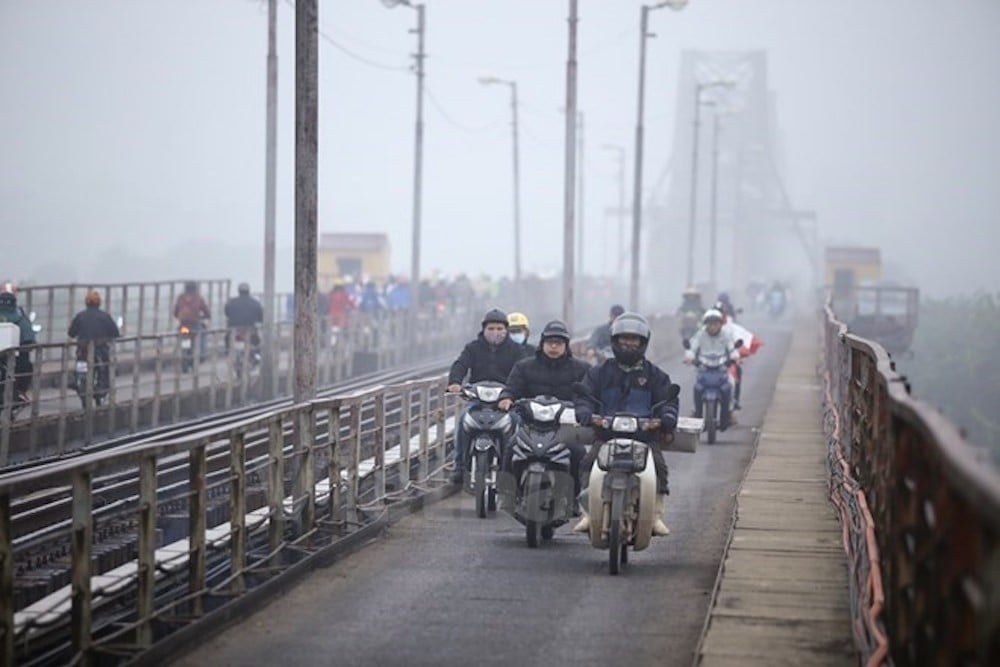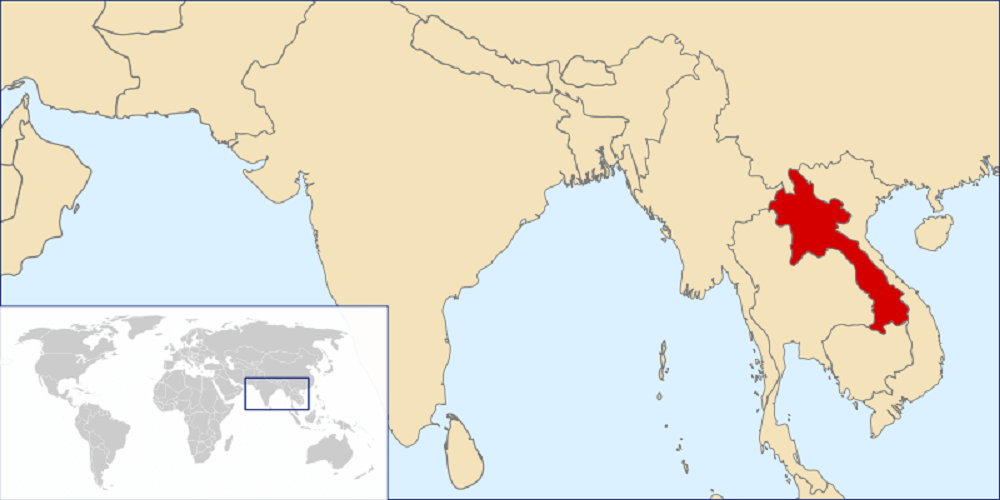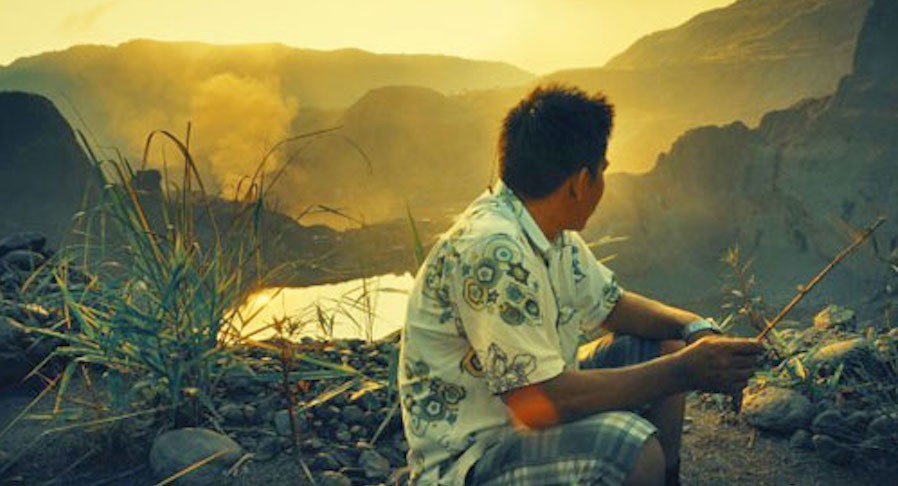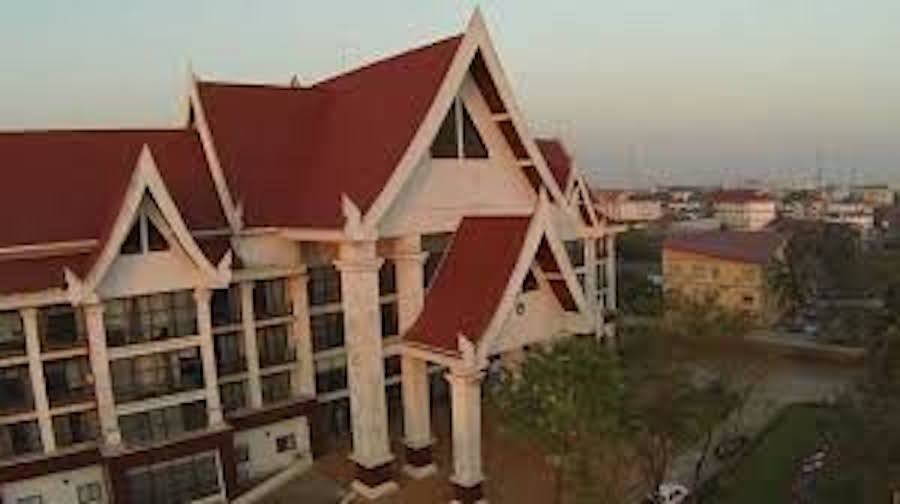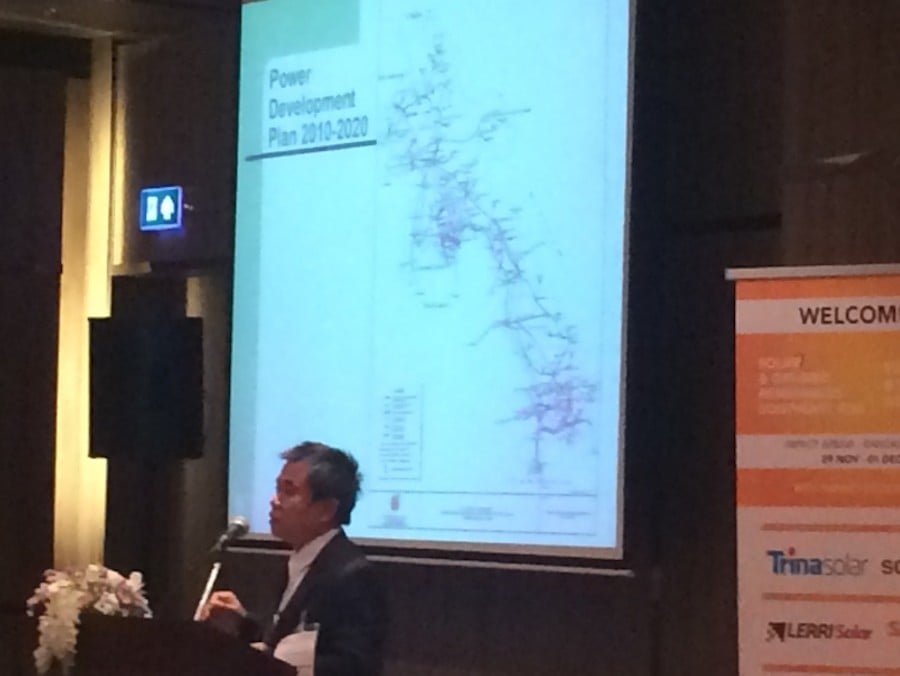The disappearance of Sombath Somphone remains one of the most enduring and heartbreaking mysteries of modern Laos as the abduction of the world-recognized rural development activist at a police checkpoint four years ago remains unsolved.
“As the fourth anniversary of Sombath’s disappearance approaches, my heart becomes heavier by the day,” his wife Shui Meng Ng told RFA’s Lao Service on Tuesday. “I never expected that I would still have no news of Sombath after so long.”


